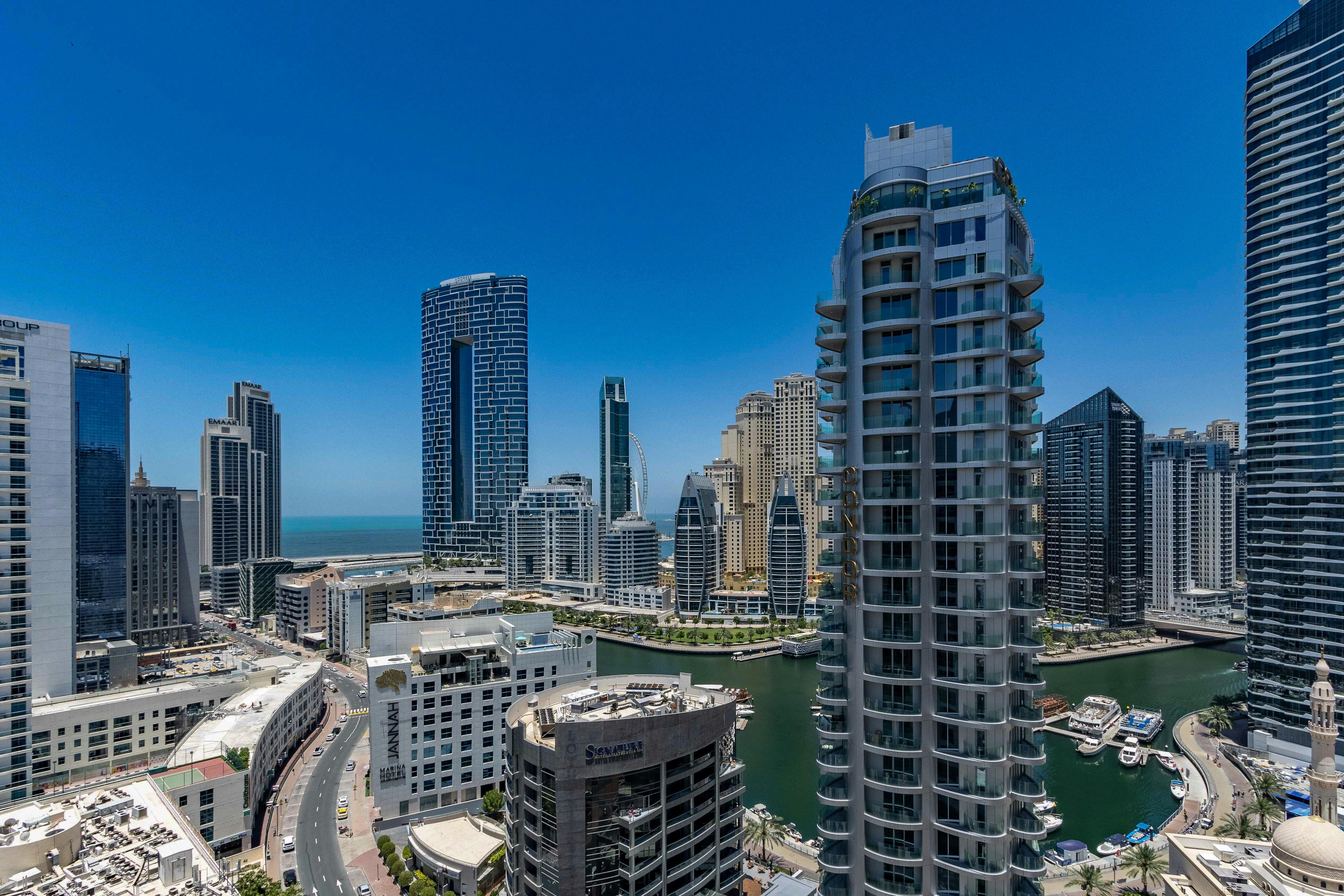Is Buying an Off-Plan Property Worth the Wait?
Off-plan properties are attractive for their lower entry prices and flexible payment plans, making them especially appealing to first-time buyers and investors. However, the long construction timelines, delayed returns, and hidden costs raise important questions. Understanding the financial and legal implications is crucial before committing to a project that's still on paper.
Early-Stage Registration Fees: What You’ll Pay Before Construction Begins
Even though the property isn't ready for handover, off-plan buyers are required to pay the 4% Dubai Land Department (DLD) registration fee shortly after signing the initial contract. Additionally, an Oqood registration fee applies to under-construction properties, which serves as the official record of ownership in progress. These costs can catch buyers off guard if not factored into their early budgeting.
Developer and Marketing Fee Add-ons: Read the Fine Print
Some developers may advertise "no commission" offers, but these charges can often be hidden within the structured payment plan. It's important to ask whether administrative, agent, or marketing fees are bundled into the deal. Lack of transparency in this area could affect your total investment without you realizing it.
Payment Plans and Construction Milestones: Understanding Your Commitments
One of the main draws of off-plan properties is the extended payment schedule, usually linked to construction progress. While this can ease financial pressure early on, delays in project milestones could also postpone your payment timelines or handover, affecting your long-term planning and rental income expectations.
Mortgage Approval and Delayed Lending Fees: The Financing Catch
Securing a mortgage for an off-plan property can be tricky. Many banks are hesitant to offer loans for uncompleted units, which means you might need to wait until handover to apply. At that point, standard mortgage processing fees—typically between 0.25% and 1%—still apply. You’ll also need to meet the bank’s valuation criteria at that later stage, which may differ from your initial purchase price.
Snagging and Post-Completion Repairs: Who Covers What?
Once construction is complete and handover takes place, buyers become responsible for annual service fees just like in ready properties. However, it's also essential to clarify who handles snagging—repairs or fixes for construction defects. Some developers provide a defect liability period, while others may place the burden on the buyer, so knowing the terms ahead of time is key.
Legal Review and Contract Risks: Don’t Skip the Fine Details
Off-plan sales agreements are typically lengthy and filled with legal jargon. Hiring a qualified legal advisor to review your Sale and Purchase Agreement (SPA) can protect you from unfavorable clauses. Pay particular attention to terms related to handover delays, penalties, escrow protection, and cancellation rights. Legal review is a small investment that could save you significantly down the line.
Developer Reputation and Delivery Track Record: Know Who You're Buying From
Not all developers are created equal. Before committing to an off-plan investment, research the developer's history in delivering past projects. Delays, poor construction quality, and disputes are red flags that could affect your investment. A reputable developer not only protects your money but also adds credibility to your resale potential later.
Future Market Conditions: Planning for Handover Timing
Buying off-plan means you're betting on the future market. If the handover occurs during a market downturn, your resale or rental returns could be significantly lower than expected. It’s wise to factor in market cycles and the expected property supply around your completion date to avoid being caught in an oversupplied market.
Final Thoughts: Off-Plan Deals Require More Than Optimism
Off-plan purchases in the UAE can deliver strong returns through price appreciation and early entry, but they come with construction risks, hidden costs, and long waiting periods. To protect your investment, review every cost component, seek legal guidance, and evaluate the developer’s track record. Informed decisions today lead to better outcomes at handover.

